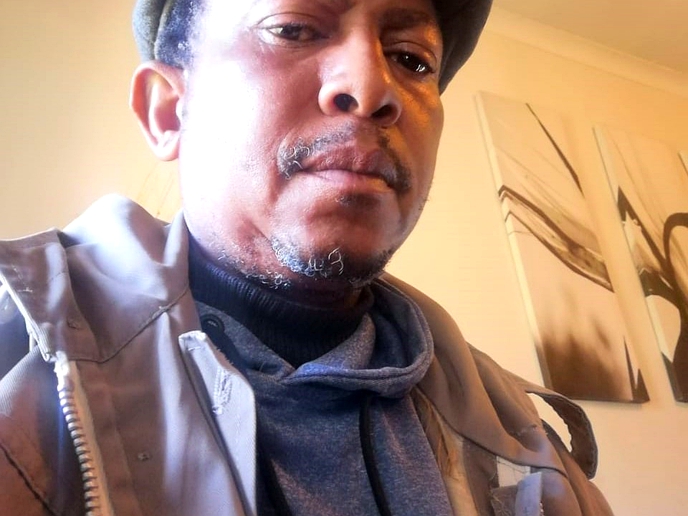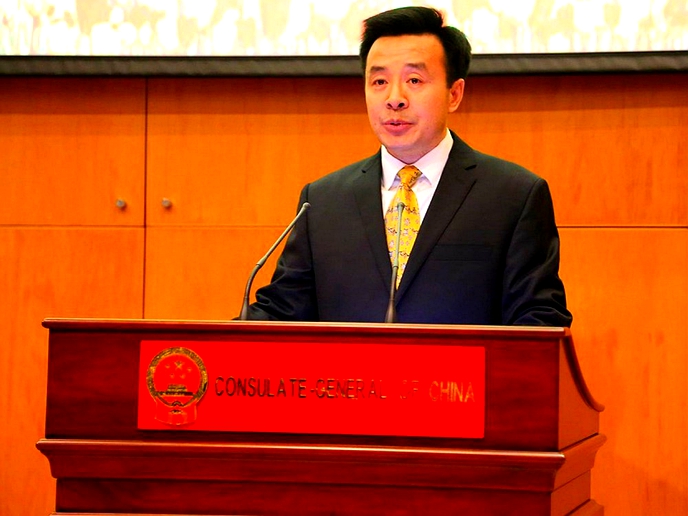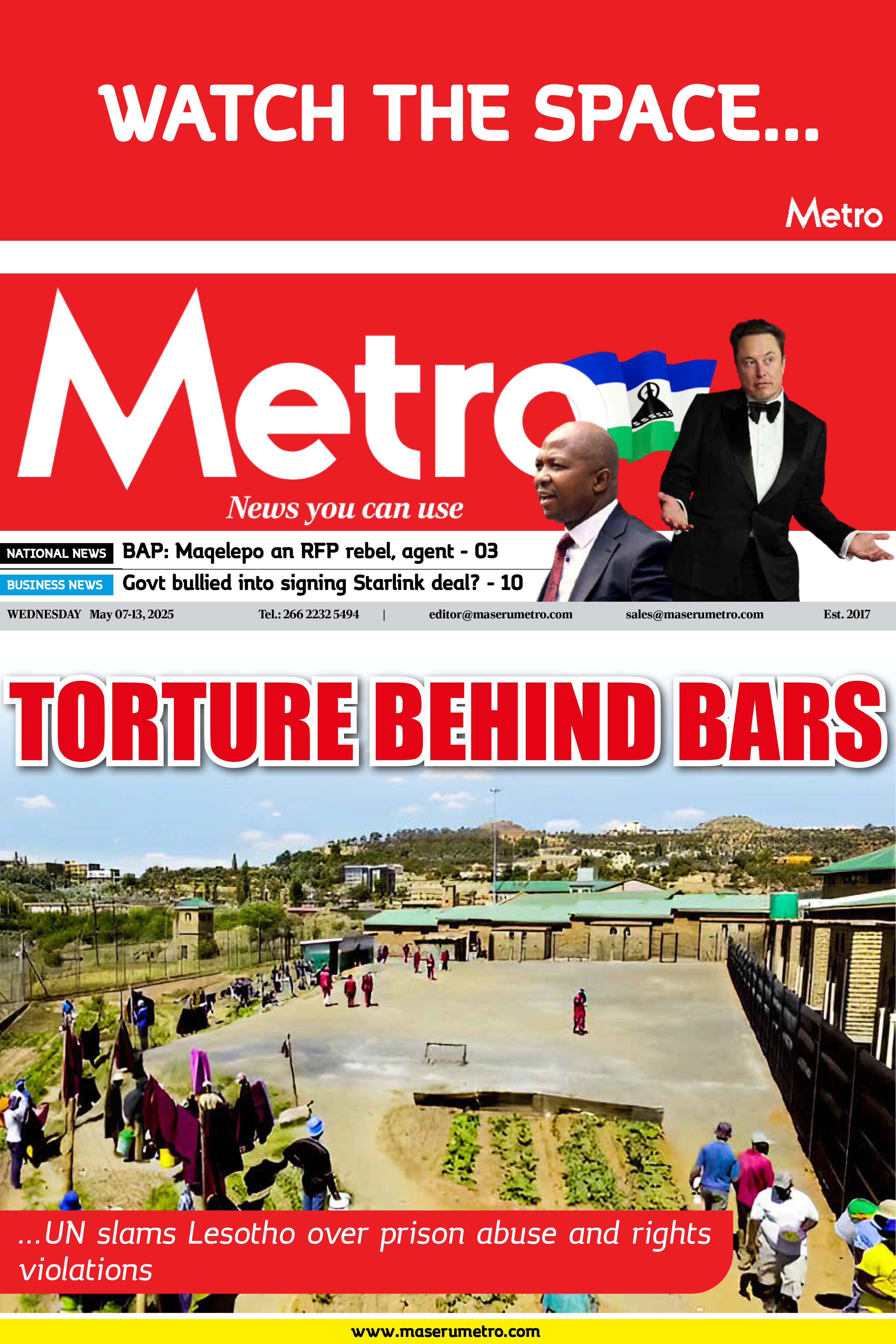LEBOHANG Letšohla is a legendary famo artiste who has been in the music industry for the last three decades. The 55-year-old father of four can sing six different music genres and believes that Basotho musicians have a bright and promising future, but only if protected by the government of Lesotho through policies and laws. In this wide-ranging interview with Mapamela Khanyela (MK), Letšohla (LL) narrates his story as a musician and other related issues in his life.
society
Oct. 6, 2023
By Mapamela Khanyela
5 min read
FROM M120, SALARY TO BEING A RENOWED ARTISTE
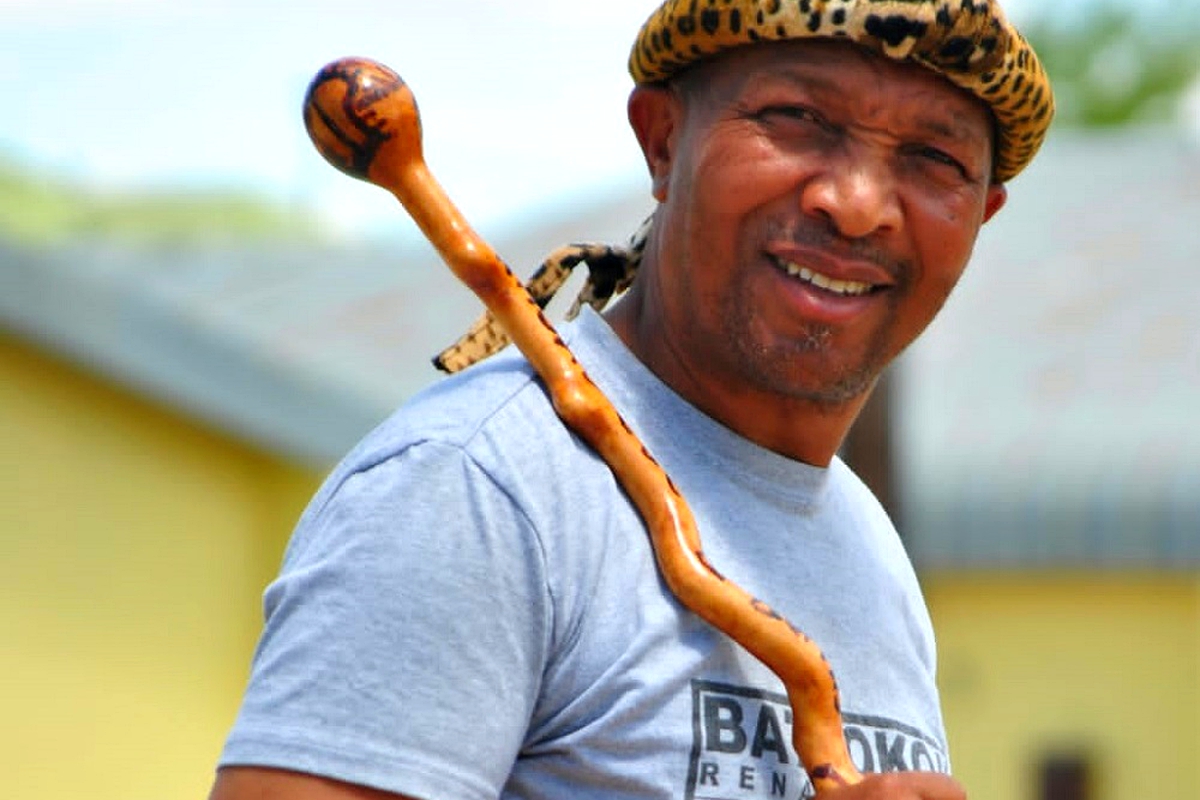
Famous famo artiste, Lebohang Letšohla
Story highlights
MK: Please tell us, who is Lebohang Letšohla?
LL: Lebohang Letohla is the 12th child of Ntate Tapo and Mme ’Makhauletsa Letšohla of Likalaneng Thaba Tseka, born on September 2, 1968. I grew up in Likalaneng. I completed my standard seven at Makoko primary school in 1982. I could not further my studies because my parents could not afford to pay for my secondary education. I was employed as a shepherd for two years in Mokhotlong with a payment of M120.00 per month. With that money, I used to buy food and clothes for myself and support my parents. I was playing sekhankula just to pass the time when looking after animals. People in my village loved how I played and sang, and I became very popular. I left Sekhankula and played a self-made guitar, and I excelled because I was already aware of the talent I have. I relocated to Hlotse, Leribe in 1991 and continued playing my guitar for different audiences for cash. In 1992, I approached legendary famo artiste, Apollo Ntabanyane and requested to volunteer my services to him and also learn how he composes his music. He welcomed me with open arms. I spent six years with Ntate Ntabanyane and produced a number of albums with him, including Bafana Bafana and Lenyalo la Mohato. I was playing the guitar on those albums. In 1999, I left Ntate Ntabanyane and formed my own group called Sefako sa Menoaneng. I first introduced myself to Basotho as a musician at the wedding of His Majesty King Letsie III and Queen ’Masenate Bereng Seeiso in 2000 in Hlotse Leribe.
MK: Why did you name your music group Sefako Sa Menoaneng?
LL: The name is the resemblance of birth. I am told I was born during a harsh hailstorm in my village and in nearby Menoaneng Mountain in the same area. People suffered more because of that hail. I named my music group to remind myself of where I come from.
MK: Tell us more about yourself as a musician.
LL: I regard my first, second, and third albums, He Ho ha li eme, Molomolo rea lumelisa Sechaba, and Ba fihla Batlokoa, as my introductions into the music industry. Their reception in the market was not good as compared to my next albums. From there, it was smooth sailing. My fourth album, released in 2004, Khomo Tse kholo, did wonders. I managed to build a house for my family and pay school fees for my children. I have produced 20 different albums from my different music genres; however, there are outstanding albums that changed my life in a very positive way. In 2006, my other album, Ke Koranta, also helped me achieve most of my goals and became more popular, both in Lesotho and South Africa. I have represented Lesotho in India through a troop called Likakapa, which was a mixture of famo, jazz, kwaito, and traditional dances. Subscribing to the South African Music Rights Organisation (SAMRO) has been helpful to me because I receive royalties for my music played on different radio stations and television channels.
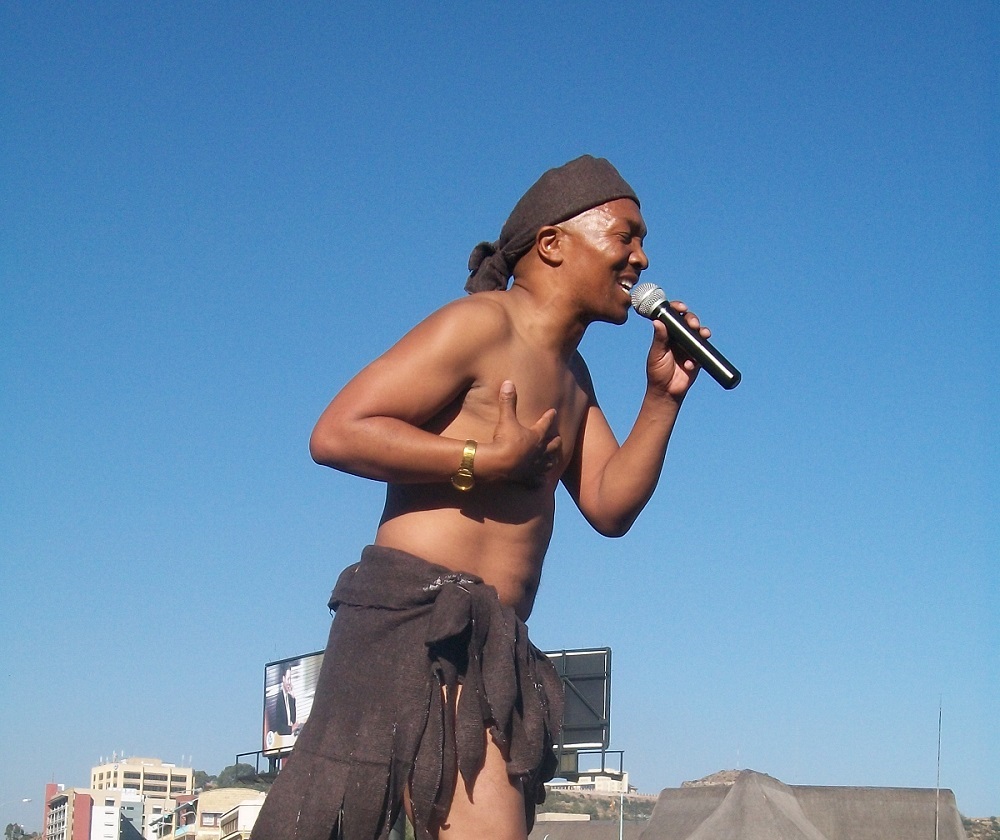
Letšohla performing on stage
Enjoy our daily newsletter from today
Access exclusive newsletters, along with previews of new media releases.
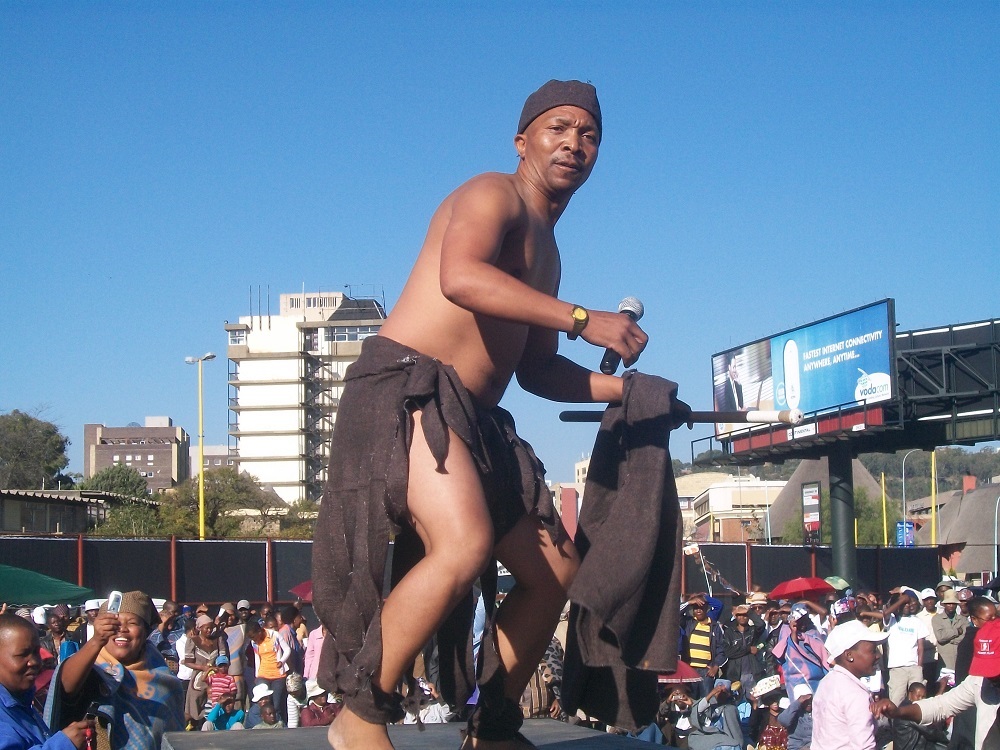
Doing what he does best
MK: You have been with Legendary Ntabanyane for six years; what have you learned from him?
LL: I have learned that, as a musician, I have to be humble. I have also learned to give the audience the best live performance. I do not necessarily have to play musical instruments because it limits me as a musician during the live performances.
MK: What makes you different from other musicians?
LL: I am able to sing six different music genres; I can sing famo, gospel, reggae, R&B, jazz, as well as kwaito music. I am known as Malome Sefako Jazz Music and have songs in all the genres mentioned. I am a humble person, and my music is loved all over the country.
MK: What do you think is the main challenge in the music industry?
LL: Musicians spend a lot of money to produce albums with little return. Some people are using new technology to download and misuse our music for free. The profits are gradually becoming smaller. We are now obliged to opt for online platforms to exhibit and promote ourselves, and that is where we meet people with hidden motives. I think the government of Lesotho has to come up with new policies and laws that protect us; our talent has been misused for too long now.
MK: What are your goals in the music industry?
LL: I want to continue serving my people with quality music and music sooths; therefore, it is the responsibility of us musicians that we provide the best services to our clients.
MK: In conclusion, what is your advice to the upcoming artists?
LL: Fame comes and goes; they should not be misled by it.


